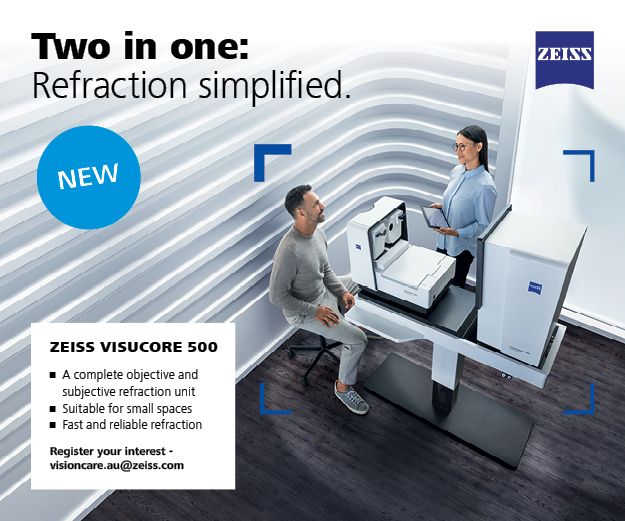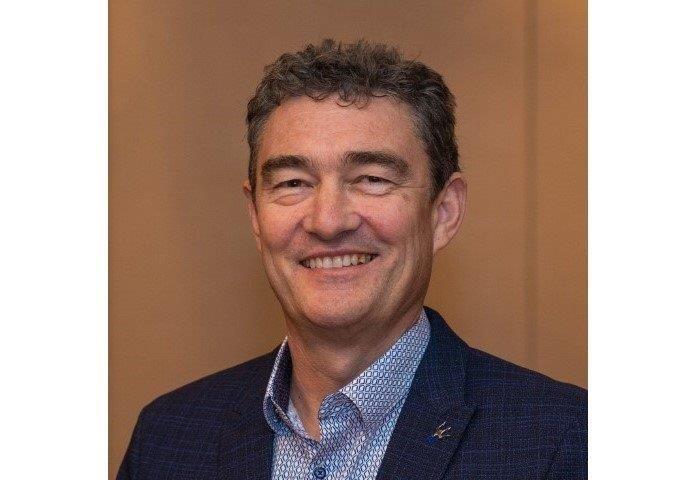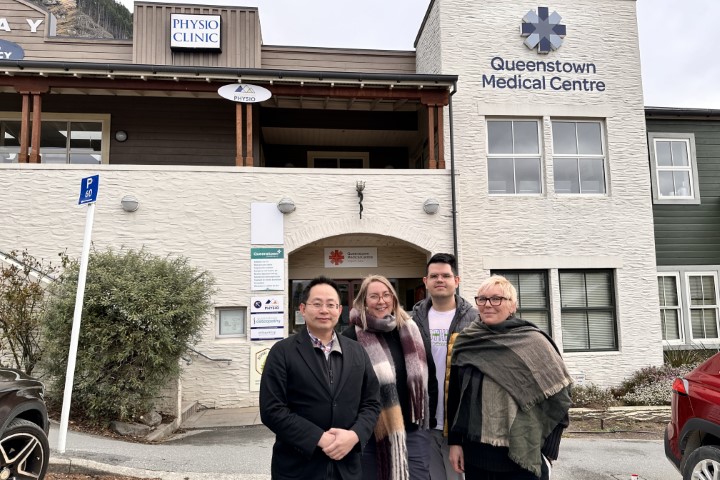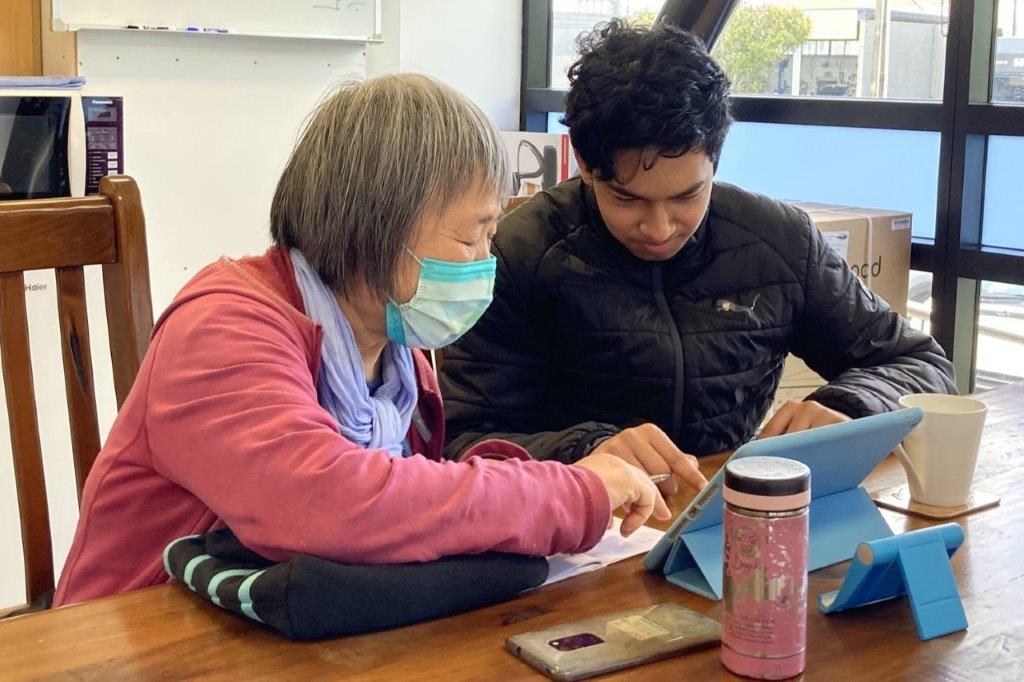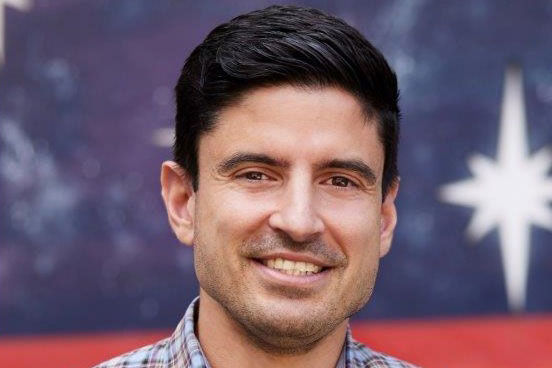ASO resists Kruk review recommendations
The Australian ‘Kruk Review’, designed to remove regulatory road blocks to attract more internationally qualified healthcare practitioners (IQHPs) to the region, "disempowers our colleges”, said Australian Society of Ophthalmologists (ASO) president Dr Peter Sumich.
Retired public servant Robyn Kruk AO’s August 2023 review contained 28 recommendations for the Australian Federal Government to improve the applicant experience, expand ‘fast track’ registration pathways, enable better workforce planning and provide greater flexibility, while supporting safety and enhancing regulator performance and stewardship.
IQHP applicants surveyed complained the assessments and regulatory processes were often difficult, said Kruk’s report, with requirements that are unclear, onerous and lack transparency, resulting in inconsistent outcomes. “Processes can be frustrating, confusing, convoluted and duplicative,” it said, adding that around 40% of respondents said the process negatively affected their mental health and wellbeing. Kruk also noted medical colleges’ assessments are costly and can take a lot of time, leading to delays. Her report recommended that all or part of the comparability assessments from specialist medical colleges are transitioned to the Australian Medical Council, if expectations are not met within agreed timelines.
For ophthalmology, this expedited pathway, due to be rolled out next year, sidelines and bypasses RANZCO, Dr Sumich told Insight magazine. This, he said, would have an impact on service quality and training. The ASO would be happy to support a system bringing more ophthalmologists into Australia, if there was appropriate workforce distribution and they were sent to places they are needed, he said: “in rural, public hospitals and in paediatric care”.
Responding to NZ Optics’ queries, ASO said its members include numerous overseas-trained ophthalmologists who transitioned to Australian practice after meeting RANZCO’s training and education requirements. “To ensure that equity of access to services is maintained for all Australians, the mass entry of specialists must be closely managed and mitigated to ensure that the distribution and placement of additional resources is not concentrated in major metropolitan areas when our regional and remote communities are in dire need.”
A vast majority of Australian ophthalmologists work in private practice with very few public hospital positions available,” said ASO. “However… many of our members in private practice have established outreach clinics or will travel to remote areas to service those in regional and remote communities who are falling through the gaps.” But for this to be effective requires public and private funding for either access to the appropriate support services and equipment or transporting patients from their home, it said.
Through RANZCO, ophthalmology fellows are educated and trained in providing ethically and culturally appropriate care in regional and remote Australian communities, said ASO. “We owe it to these Australians to ensure we are placing only the best trained medical specialists in their communities.”





